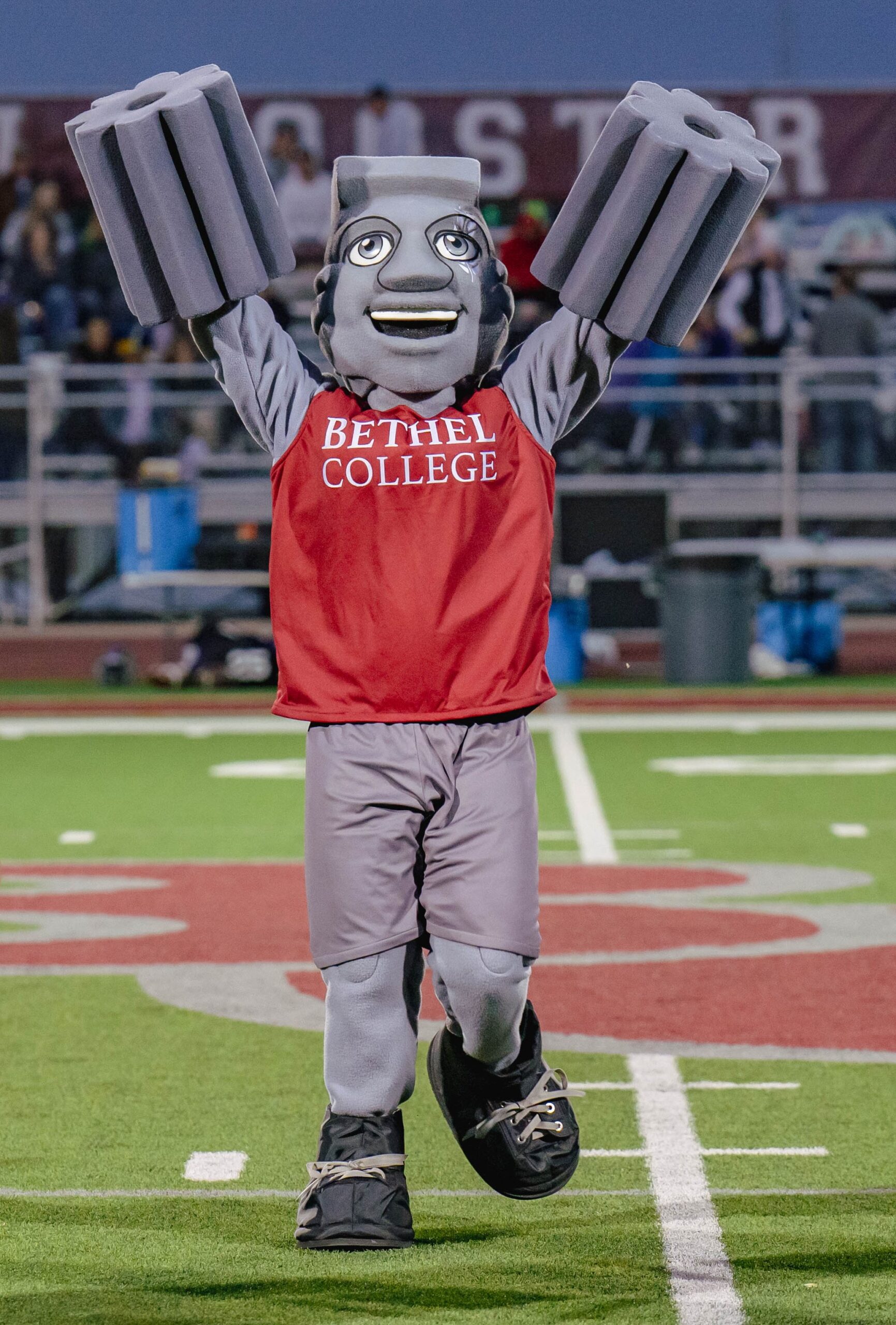The Mennonite denomination, which includes groups like Mennonite Church Canada and Mennonite Church USA (with which Bethel College is connected), began during the Protestant Reformation in Europe in the 16th century. Back then, some Christians decided to break away from the state churches, like the Roman Catholic and later Lutheran churches, in countries like Switzerland, Germany, and the Netherlands. One big reason for this split was their belief that baptism should be a choice made by adults, not something done to infants. These believers, called Anabaptists (which means “re-baptizers”), were led by people like Menno Simons, whose followers eventually became known as Mennonites.
What Do Mennonites Believe?
Mennonites are known for taking the Bible seriously, especially the teachings of Jesus in the New Testament. The idea of following Jesus in everyday life, known as discipleship, is very important to them. This means they focus on things like community, nonviolence, and service to others. For example, many Mennonites oppose war and work towards creating a more just and peaceful world. Organizations like the Mennonite Central Committee (MCC) are good examples of Mennonites’ commitment to helping others around the globe.
Mennonites at Bethel College
So, how does being Mennonite affect you as a student at Bethel College? The emphasis on making your own choices, like the Anabaptist practice of adult baptism, means you’ll be encouraged to explore your beliefs and commitments freely. Bethel also focuses on discipleship, encouraging students to serve others, get involved in social justice issues, and resolve conflicts peacefully. This is why Bethel offers programs like a minor in peace, justice, and conflict studies and has an annual Service Day for all students.
Community and Support
Mennonites believe that while faith is personal, it’s also nurtured in a community. Bethel College emphasizes a supportive campus environment where you can grow both intellectually and personally. Programs like First-year Seminar and Basic Issues of Faith and Life help create this sense of community.
Mennonites vs. Amish
You might wonder about the difference between Mennonites and Amish. Although they both come from the same 16th-century Anabaptist movement, they are distinct groups. Amish people, especially the Old Order Amish, live much more simply, often without modern technology like cars or electricity. They are more visually distinctive with their plain dress and horse-drawn buggies. The largest Amish communities are in Pennsylvania, Ohio, and northern Indiana, but you can find Amish people in many other states too.
Mennonites in Kansas
Many Mennonites came to Kansas in the 1800s, especially from Russia, where they had moved earlier. They brought with them their hard winter wheat, which transformed farming in the area. This history is reflected in Bethel College’s mascot, the Thresher, and the college’s symbol, the threshing stone.
Where Do Mennonites Live Today?
While the first Mennonites came from Europe, most of the 1.3 million Mennonites today live in other parts of the world, including Africa, which now has more Mennonites than North America. You’ll find Mennonites in 65 countries, speaking many different languages. In North America, many Mennonites now speak Spanish rather than German.
Mennonite Colleges
Bethel College was the first Mennonite college in North America, but there are others. Mennonite colleges include Hesston College in Kansas, Goshen College in Indiana, Bluffton University in Ohio, and Eastern Mennonite University in Virginia. The Mennonite Brethren, a related group, has colleges like Tabor College in Kansas and Fresno Pacific University in California. Canada also has Mennonite colleges in British Columbia, Manitoba, and Ontario.
Learn More About Mennonites
For more information about Mennonites, check out resources at Bethel College or look for books and articles on Anabaptist history and beliefs.
On the Web
- www.thirdway.com
- www.mennoniteusa.org
- www.mcusa-archives.org/library/resolutions/1995/ (Confession of faith)
- www.mwc-cmm.org
- www.themennonite.org
- www.mennoworld.org
- www.mennolink.org
- www.mennonitechurch.ca
- www.canadianmennonite.org
Books
Quick and easy reads:
- Good, Merle, and Phyllis Pellman Good. 20 Most Asked Questions about the Amish and Mennonites. Intercourse, Pa.: Good Books, 1995.
- Kraybill, Donald B. Who are the Anabaptists? Scottdale, Pa.: Herald Press, 2003.
- Kroeker, Wally. An Introduction to the Russian Mennonites. Intercourse, Pa.: Good Books, 2005.
- Loewen, Harry, and Steven Nolt. Through Fire and Water: An Overview of Mennonite History. Scottdale, Pa.: Herald Press, 1996.
- Roth, John D. Beliefs: Mennonite Faith and Practice. Scottdale, Pa.: Herald Press, 2005.
- Roth, John D. Stories: How Mennonites Came to Be. Scottdale, Pa.: Herald Press, 2006.
More in-depth on Mennonites/Anabaptists in general:
- Dyck, Cornelius J. An Introduction to Mennonite History. Scottdale, Pa.: Herald Press, 1993 (3rd edition).
- Estep, William R. The Anabaptist Story: An Introduction to Sixteenth-Century Anabaptism. Grand Rapids, Mich.: Eerdmans, 1996 (3rd edition).
- Smith, C. Henry, and Cornelius Krahn. Smith’s Story of the Mennonites. Eugene, Ore.: Wipf & Stock Publishers, 2005 (5th edition).
- Snyder, C. Arnold. Anabaptist History and Theology: An Introduction. Kitchener, Ont.: Pandora Press, 1995.
More in-depth about the Mennonites who founded Bethel College:
- Haury, David A. Prairie People: A History of the Western District Conference. Newton, Kan.: Faith & Life Press, 1981.
- Juhnke, James C. Dialogue with a Heritage: Cornelius H. Wedel and the Beginnings of Bethel College. North Newton, Kan.: Mennonite Library and Archives, 1987.
Books about three things for which Mennonites are more widely known:
- Mennonite Disaster Service (MDS), the volunteer organization that responds to natural disasters in the United States and Canada: Detweiler, Lowell J. The Hammer Rings Hope: Photos and Stories from 50 Years of Mennonite Disaster Service. Scottdale, Pa.: Herald Press, 2000.
- Mennonite Central Committee (MCC), the relief and service organization that sends its workers all over the world: Kreider, Robert S., and Rachel Waltner Goossen. Hungry, Thirsty, a Stranger: The MCC Experience. Scottdale, Pa.: Herald Press, 1988.
- Mennonite simple (or
more-with-less
) lifestyle: Longacre, Doris Janzen. The More-with-Less Cookbook. Scottdale, Pa./Akron, Pa.: Herald Press/Mennonite Central Committee, 1976 and 2011, and Living More with Less: 30th Anniversary Edition (Scottdale/Akron: Herald Press/MCC), 2010








